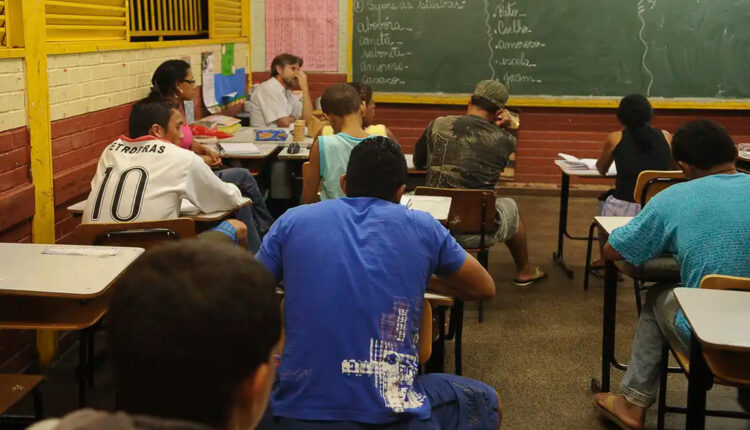Study Reveals Striking Socioeconomic Disparities in Literacy Among Young People and Adults in Brazil
In Brazil, more than 10 million Brazilians aged 15 or over are not literate, according to a survey by the Social Service of Industry (Sesi) based on the Continuous National Household Sample Survey (PNAD) of 2019. This data is extremely important and has direct effects on the formation of public policies, considering that reading and writing are essential exercises for the practice of citizenship.
Maria Clara Di Pierro, senior professor at the Faculty of Education at USP, explains that there are numerous challenges associated with literacy among young people and adults, making it possible to assess, firstly, the lack of mobilization of these individuals. This happens, among different reasons, due to the difficulties imposed by learning — especially when people internalize a negative self-concept.
“The condition of illiteracy is socially depreciated. There is also the challenge of training educators who are sensitive to the sociocultural specificities of students”, states Maria Clara. In other words, it is important that teachers understand that the literacy process in adulthood is different from childhood and therefore there is also a need to apply other methods, curricula and strategies.
Path
One of the challenges associated with this process is the fact that adult literacy does not occupy a prominent position on the educational policy agenda. Therefore, it is important to change mentality so that people involved in transforming this scenario understand that learning to read and write during this period has the value of rescuing violated rights.
Maria Clara highlights that, currently, the majority of illiterate people in the country are over 60 years old, have lived most of their lives in rural environments and have worked since an early age. The second group that stands out in this discussion is people who had access to schooling, but of low quality. “Many of them are people in situations of extreme social vulnerability, who were not properly welcomed by the school system. In this group there are people of all ages, including teenagers and young people.”
In both groups, therefore, it is possible to consider that the violation of educational rights is accompanied by socioeconomic inequality. For this reason, for a structural change in this scenario, an intersectoral and multidisciplinary approach by public policies is important.
Change
Despite the challenges surrounding the topic, thinking about practical solutions is essential for a general improvement in this scenario. “In the history of Brazilian education there have been successive literacy campaigns for young people and adults, all of them with results far below those expected”, points out the expert. Thus, some mechanisms have already been included in the Constitution, in the Education Guidelines and Bases Law and in the Education Plan — in all of them, it is highlighted that the three spheres of government must act in favor of literacy for children, young people, adults and the elderly.
Finally, it is essential to understand that learning to read and write has direct impacts on the lives of young people and adults, with effects on increasing citizen participation, growing critical capacity and increasing employability and income generation rates.

